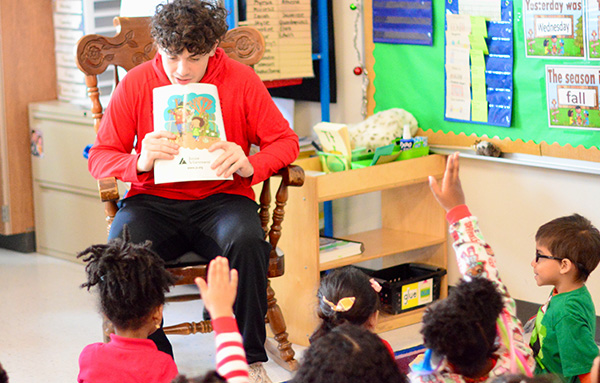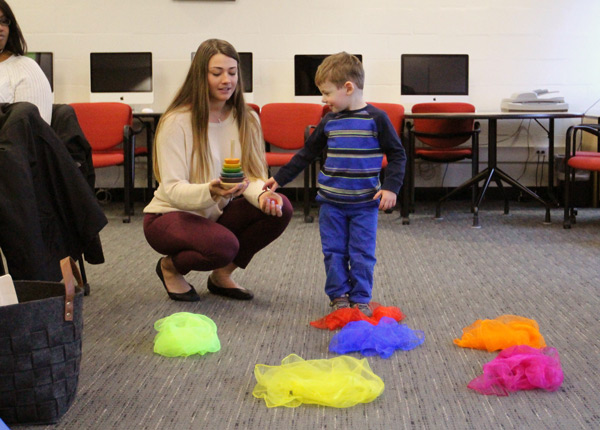Upon completion of the program, candidates will:
PLANNING: Apply a variety of developmentally appropriate strategies and differentiation techniques when planning for educational and caring environments for young children birth to age 8.
ASSESSMENT: Assess young children in the classroom environment using non-invasive, developmentally appropriate strategies for collecting, organizing, and analyzing information.
ADAPT INSTRUCTION: Plan and adapt instruction for all children between the ages of birth through age 8, taking into account each child’s diversity.
INSTRUCTION: Utilize teacher inquiry inclusive of student work sampling to inform an effective teaching practice that reflects appropriate instructional strategies respectful of all forms of diversity in order to achieve successful student outcomes.
PHILOSOPHY OF EDUCATION: Effectively articulate a philosophy of working with children and families, communities and community agencies, and related educational and support professionals.
PROFESSIONAL ETHICS: Knowing the ethical guidelines for early childhood practice includes the following: Reflect on their practice in light of research on teaching and resources available for professional learning. Connect to the professional community through professional associations and opportunities for ongoing professional development. Be Informed advocates acting on behalf of children and their families.




